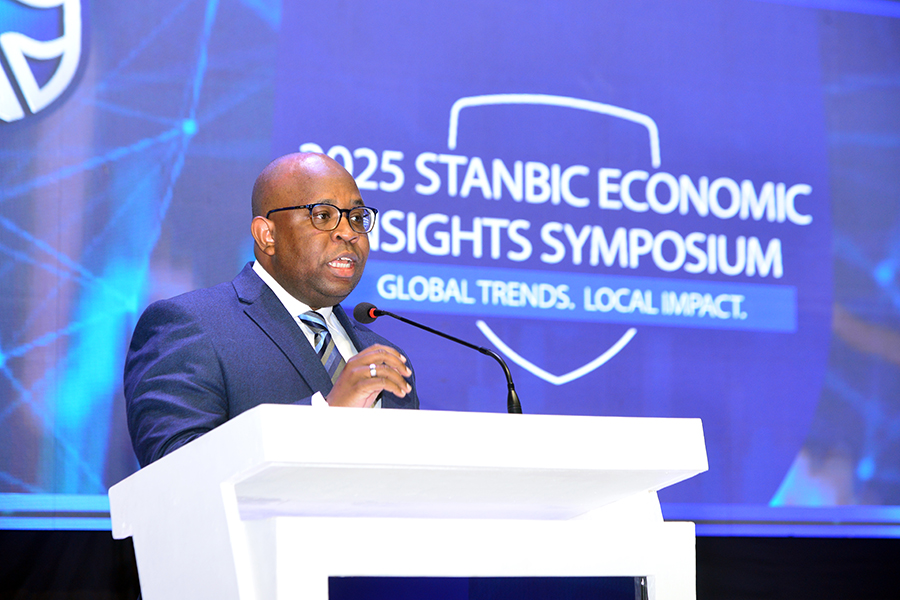The private sector continued its upward trajectory in September, driven by strong consumer demand and a sustained rise in new orders, according to the latest Stanbic Purchasing Managers’ Index (PMI).
The headline PMI rose to 54.0 from 53.3 in August, marking the eighth consecutive month of improved business conditions. Readings above 50.0 indicate expansion compared to the previous month.
Christopher Legilisho, Economist at Stanbic Bank, highlighted the resilience of the private sector.
“Private sector momentum kept the pace in September, with robust consumer demand elevating new orders and output alike. Businesses remain hopeful about future activity, with sales and consumers expected to hold up over the next 12 months,” he said.
The PMI, a composite index based on new orders (30%), output (25%), employment (20%), suppliers’ delivery times (15%), and stocks of purchases (10%), reflects responses from approximately 400 businesses across agriculture, mining, manufacturing, construction, wholesale, retail, and services sectors.
Strong demand
September saw a broad-based increase in output and new orders across all sectors, driven by favorable demand conditions and growing customer numbers. To meet rising business requirements, firms expanded output levels and increased purchasing activity. Staffing levels also grew, primarily through temporary hires, helping to keep backlogs stable despite the influx of new orders.
Efforts to build safety stocks in anticipation of further growth were supported by improved vendor performance, with shorter delivery times contributing to a seventh consecutive monthly rise in inventory levels.
Despite the positive momentum, inflationary pressures remained a challenge. Purchase costs continued to climb due to higher prices for inputs like cement and paper products, while wage bills increased in line with expanded hiring. Overall input prices rose across all sectors, prompting firms to raise output charges for the thirteenth consecutive month to offset higher costs.
Optimism
Businesses expressed confidence in Uganda’s economic trajectory, bolstered by sustained demand and expectations of continued growth over the next year. The combination of rising orders, output, and employment underscores the private sector’s resilience amid ongoing inflationary pressures.
The Stanbic PMI report highlights Uganda’s private sector as a key driver of economic activity, with businesses adapting to challenges while capitalizing on strong market demand.







